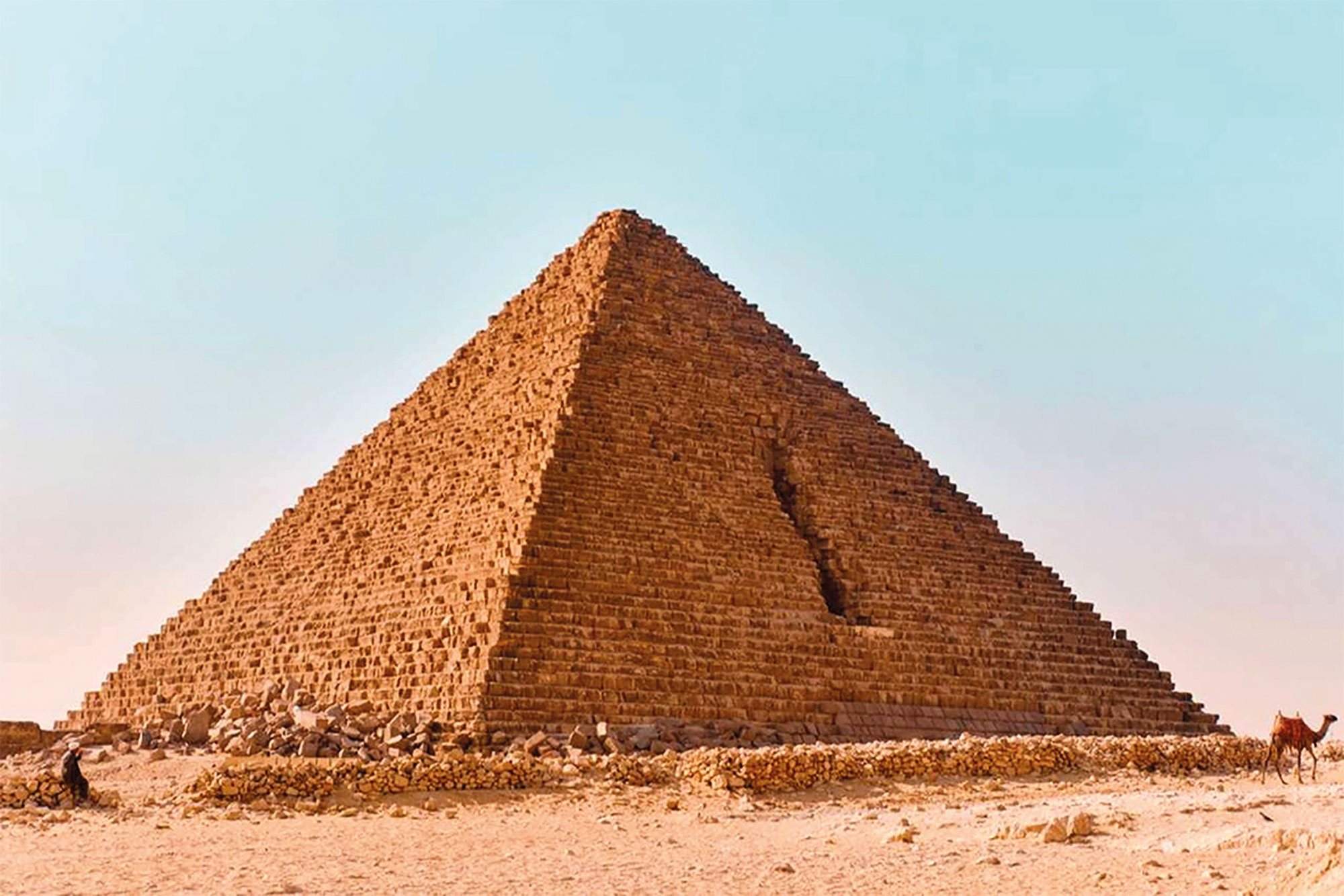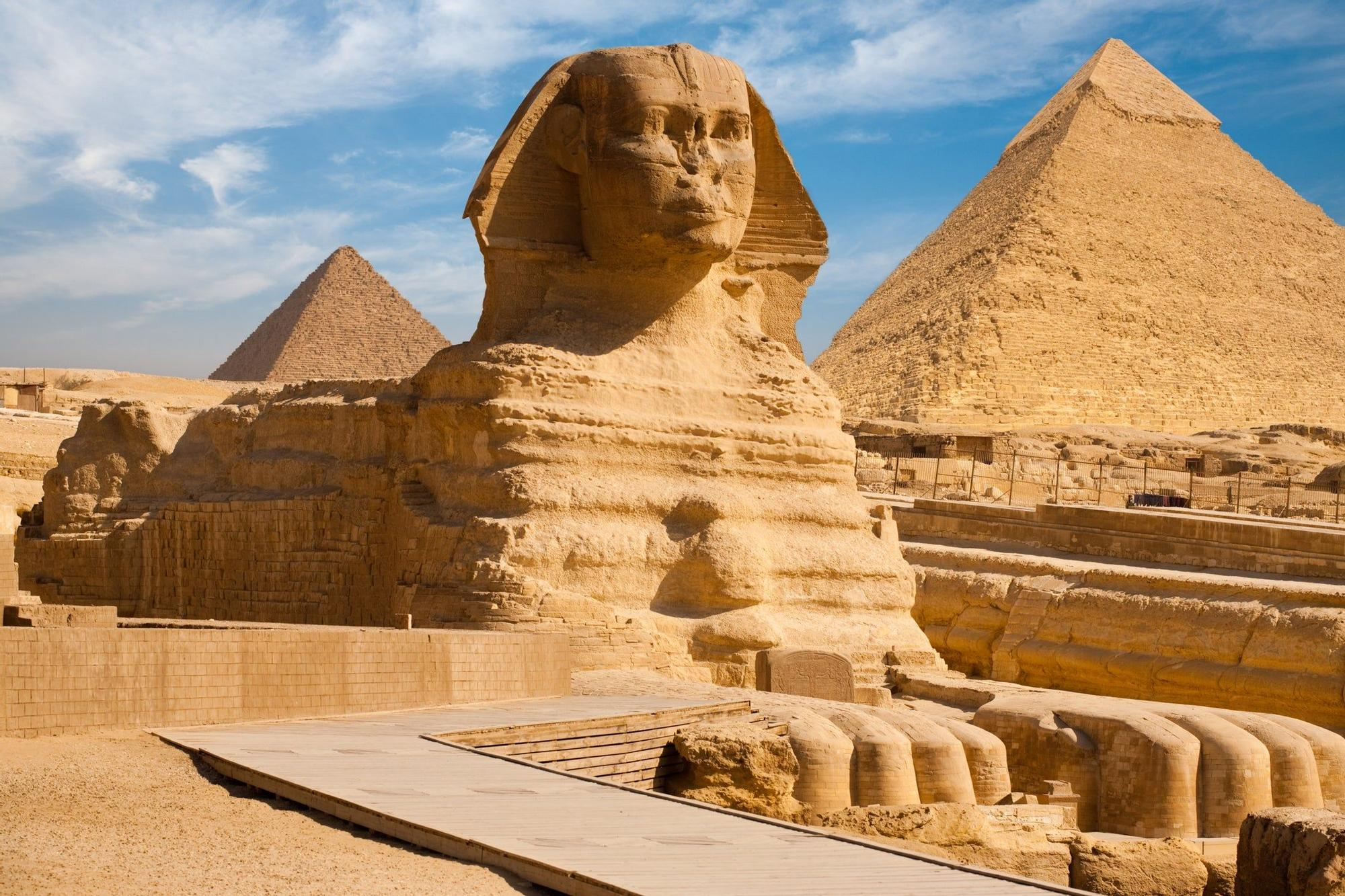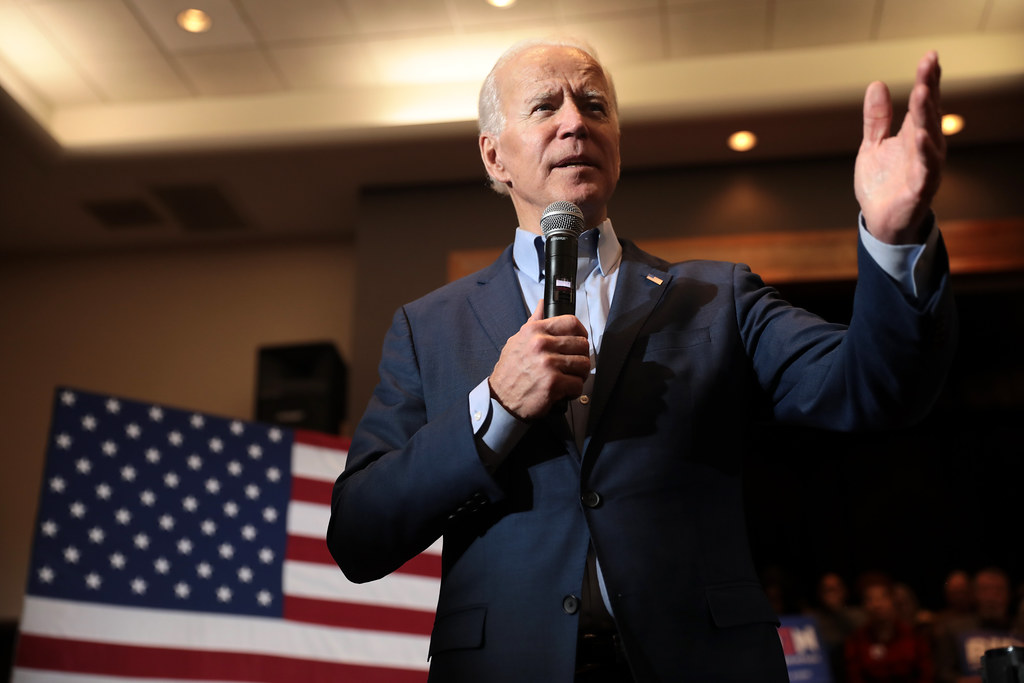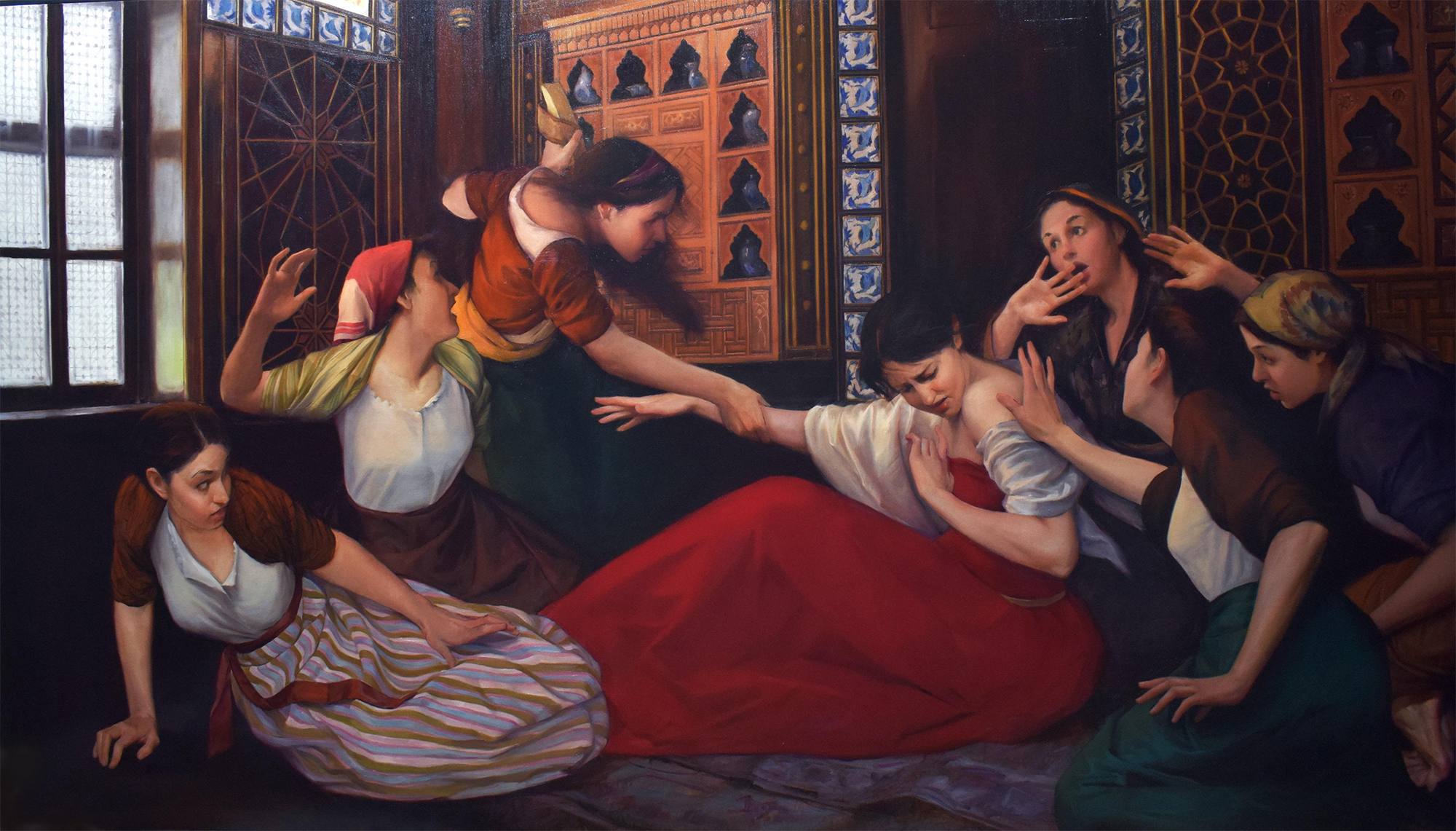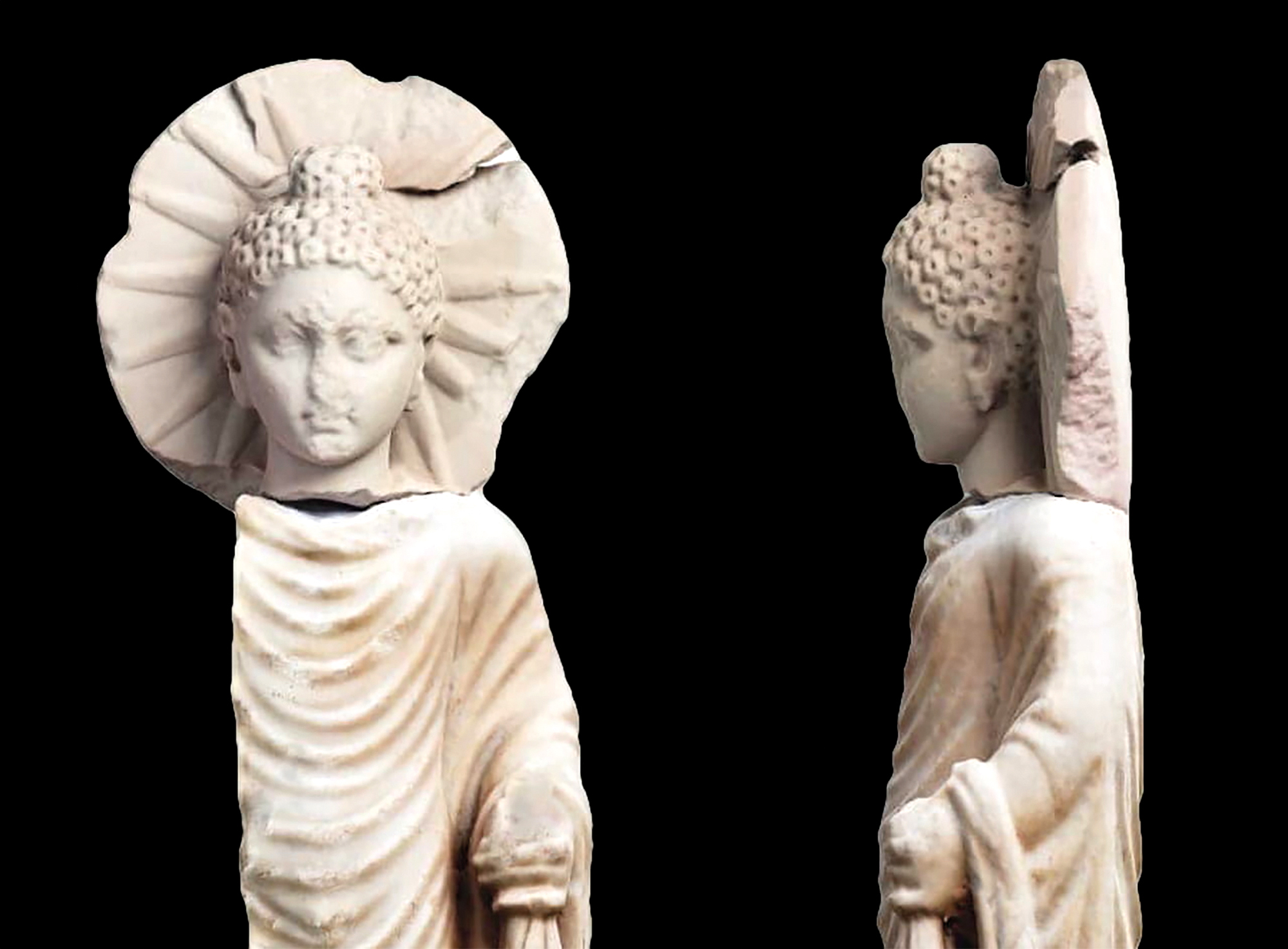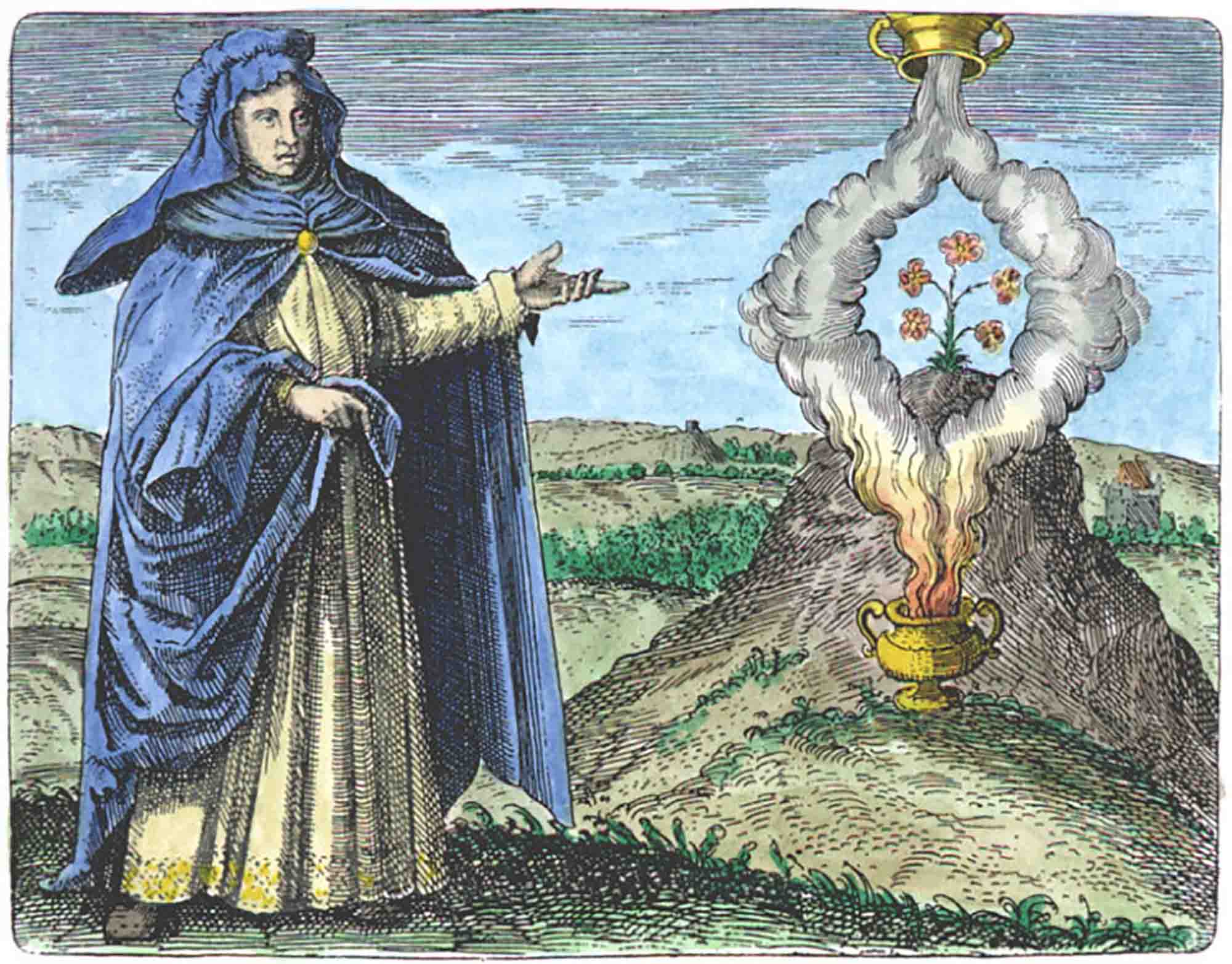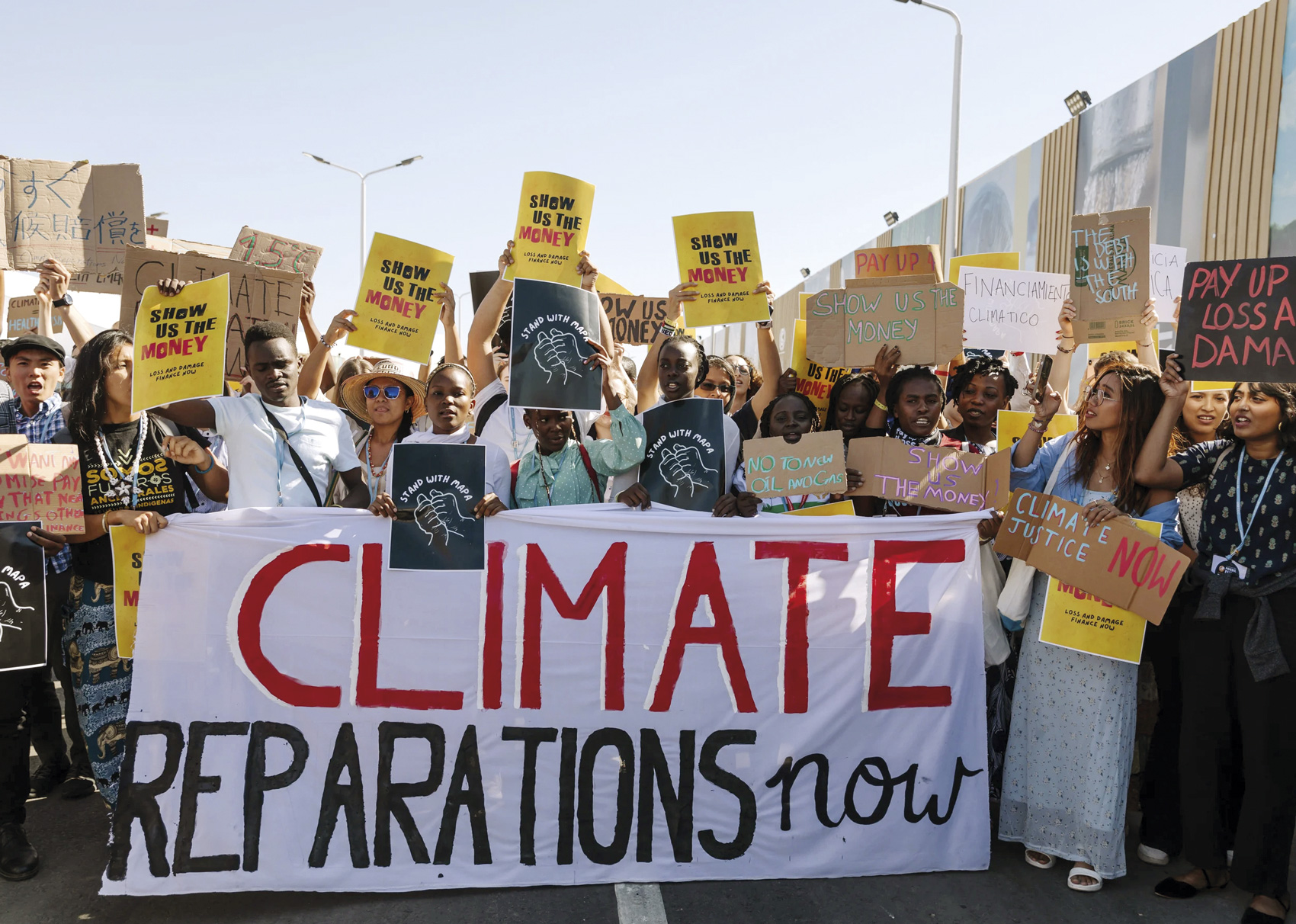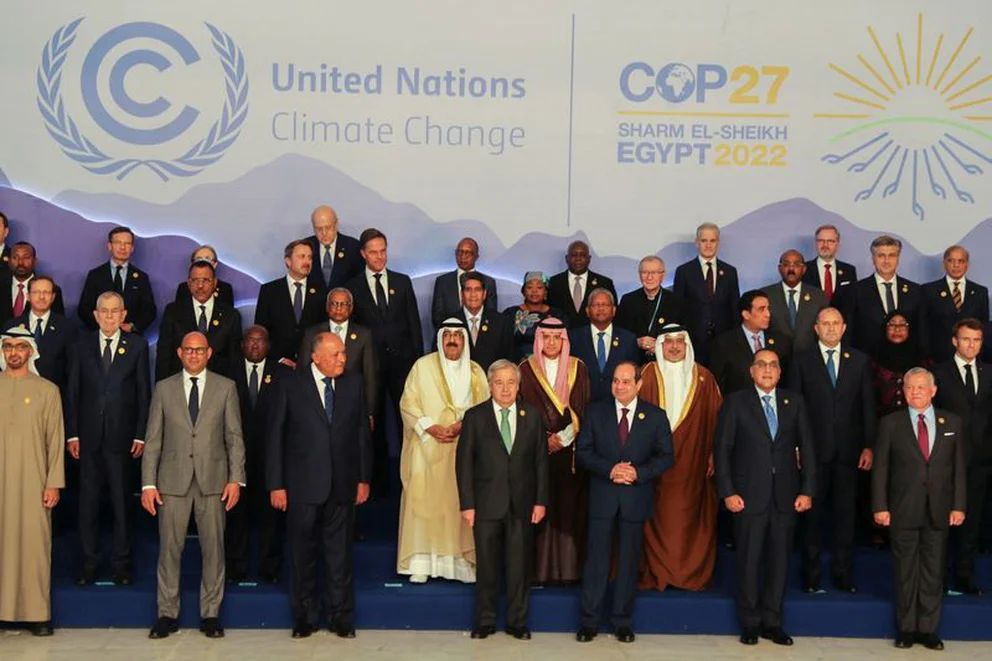A wound separates Tahrir Square
- The Egyptians adopted their Constitution on 25 December 2012. But the low turnout in the referendum and the confrontations of the previous weeks between the opposition and supporters of President Mursi have shown that, two years after the revolution, the country still has a long way to go.
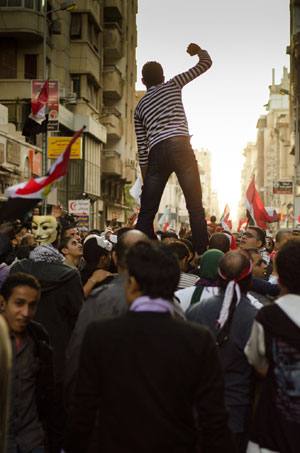
The agricultural capital of the Nile Delta, Damanhour, became, at the end of November 2012, a clear example of the social fracture suffered by Egypt. Young 15-year-old Islam Masoud was killed on site after three days of clashes between supporters and detractors of President Mohammed Mursi, police sources reported. Named the “first martyr of the civil war” of Egypt, the death of Islam opened a new battle among the population. The Muslim Brotherhood claimed that the young man was of his brotherhood and, on the contrary, relatives and activists told him that he was in opposition groups. The mother of the little girl refused to receive the condolences of Mohammed Mursi's wife and the Islamists, to accuse her falsely of murder, denounced her plot against her.
Egypt was plunged into a serious political crisis, but also into a social crisis. On November 22, Mursi announced the new controversial decree, in which he opposed the judges and was granted more power. The opposition, a secular majority, described the decision as dictatorial, warned the president of a Pharaonic stance and accused him of wanting to shield the Constitution drafted by a commission dependent on Islamist forces. The supporters of the president believe that these were provisional and revolutionary decisions, which were very necessary, if the process was not to be seized by the judiciary, which was still controlled by the judges of the previous regime.
The Brotherhood's aggression against the judges has a tone of revenge. Many of his leaders were imprisoned on the orders of the judges appointed by Mubarak and are still in charge of most courts of justice. In addition, the request for dissolution from the Constitutional Commission and the Senate was in court, and not only that, but the legal situation of the Muslim Brotherhood remains unnormalized.
A new classic conflict between political Islamism and secular forces. In a few weeks, 28 Muslim Brotherhood sites were attacked throughout the country and in several cities there were clashes between supporters and detractors of the president. The bloodiest were at the gates of the Cairo Presidential Palace, where at least ten people lost their lives because of the wounds caused by firearms. Once again, they entered the debate on the parenthood of the deceased; some relatives reported that they had been offered offers to say that the deceased was a supporter of the president.
The Weekly Der Spiegel, in an interview with Nobel Peace Mohammed el Baradei, spoke about the fear of the outbreak of civil conflict: “If moderate forces have no voice, a civil war may erupt in Egypt.” Although there was no conclusive evidence, the Muslim Brotherhood repeatedly denounced that there was a plot to assault the country and that the opposition accused the brotherhood of possessing secret militias to invade the country. Society was completely separated on the eve of the constitutional referendum.
Historical mistrust
The conflict between secular and Islamist forces comes from a historical mistrust that has not been resolved over time. The confrontation between the supporters of the Mubarak regime and the Islamists, who are trying to recycle themselves into the new times, is clear; but there is also mistrust among the secular revolutionary forces. Even before the fall of Hosni Mubarak, these forces coincided with the sister. He was then accused of negotiating with the regime, with the head of intelligence, Omar Suleiman, and of pacing the transition process with the military.
On 12 October 2012, revolutionary and Islamist forces began to collide in Tahrir Square and burned a bus from the Brotherhood. But it wasn't the first time. These fights have already taken place in the spring of last year and in November 2011: Mohammed Beltagi was expelled by protesters from Tahrir Square, one of the leaders of the brotherhood.
On the other hand, several revolutionary forces and some members of the former regime have joined together, forced by circumstances. For example, former Secretary-General of the Arab League, Amr Mousa, is now on the Front for the Salvation of the Nation and both sectors are working together to defend a corrupt judiciary. A cacophonic unit like this has injured the Islamist insurgents, who have given a respite to denounce what has happened.
But one of the main questions is what the army's position is going to be. They control about 40% of the economy and the United States provides them with aid of EUR 1.3 billion a year, keeping them as key to the transition. The military say they are not going to intervene in the matter, but the signs of a pact are on the table.
Last summer the reform of the military leadership took place and the armed forces were the only non-religious organization that did not bring its representatives out of the constitutional commission. 24 hours before the closure of the constitutional text, the articles on the army were drafted. Thus, most of the demands of the military remained within: that military budgets be kept out of parliamentary control, that the Minister of Defence be a military one, and that the military do not completely lose the ability to judge civilians. It is precisely before the end of last year that a military trial has been announced for a civilian, the first of the new times: 6 months in jail for discussing with a soldier on the day of the constitutional referendum.
The referendum did not create any stability, beyond the irregularities reported, as the turnout was very low. 10 million Egyptians have given the yes to the Constitution, in a country of 80 million inhabitants. The political weakness of the adopted text has only delayed the struggle for power in the new Egypt.
Mostafa Waziri, Secretary General of the Upper Ancient Council of Egypt, recently presented the gigantic restoration project of the Mizerino pyramid: They will cover the man's smallest pyramid with granite blocks to regain its original appearance. Although Waziri has... [+]














